FAQ’S
FAQs
Frequently Asked Questions
What is estate planning?
Estate planning involves determining how your assets will be distributed and managed after your death or in the event of incapacitation. It includes creating documents like wills, trusts, and powers of attorney.
Do I need an estate plan if I don't have many assets?
Yes, estate planning isn’t just for the wealthy. Even if you don’t own significant property, a plan helps ensure your wishes are followed, reduces family conflict, and may avoid costly probate.
How often should I update my estate plan?
It’s recommended to review your estate plan every 3-5 years or when major life events occur, such as marriage, divorce, the birth of a child, or a significant change in assets.
Can I avoid probate with a will?
No, having a will alone doesn’t avoid probate. A trust, however, can help bypass the probate process.
What’s the difference between a will and a trust?
A will specifies how your assets will be distributed after death, while a trust can manage assets during your lifetime and avoid probate after your death.
What happens if I die without a will?
If you die intestate (without a will), the state will determine how your assets are distributed, which may not align with your wishes.


